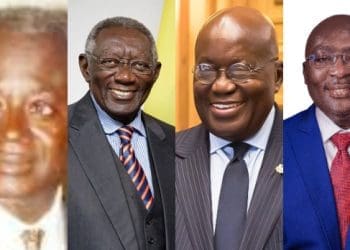Nigerians applying for non-immigrant visas to the United States will now be issued single-entry visas valid for three months, the U.S. Embassy in Nigeria has announced—replacing the previous multiple-entry visa that were valid for up to five years.
The Federal Government of Nigeria has expressed serious concern over the recent decision by the United States (U.S) to revise its visa reciprocity schedule for Nigerian citizens.
The new U.S. policy limits the validity of non-immigrant visas—specifically B1/B2 (business and tourism), F (student), and J (exchange visitor) categories—to just three months with a single entry, a significant shift from previous terms.
In an official statement issued by Kimiebi Imomotimi Ebienfa, spokesperson for the Ministry of Foreign Affairs, Nigeria described the decision as “misaligned with the principles of reciprocity, equity, and mutual respect” that typically characterise relations between friendly nations.
The government emphasised that the move could strain the long-standing and cordial ties between the two countries, especially given the strong people-to-people relations that have developed over decades.
According to the statement, the new visa policy places an undue burden on Nigerian travelers, students pursuing educational opportunities, professionals involved in legitimate business, families visiting loved ones, and individuals participating in cultural and academic exchanges.
The government stressed that these groups are vital to fostering international cooperation and mutual understanding.
While reaffirming the right of every sovereign nation to determine its immigration policies, Nigeria called on the U.S. to reconsider the restrictive measures.
“Nigeria respectfully urges the United States to reconsider this decision in the spirit of partnership, cooperation, and shared global responsibilities,” the statement read.
The Ministry of Foreign Affairs confirmed that diplomatic engagements are ongoing to address the issue.
It also reiterated Nigeria’s commitment to finding a fair and mutually beneficial resolution that upholds the values of justice, equity, and mutual interest.
This development marks a new point of contention in U.S.-Nigeria relations, prompting calls for a balanced approach that preserves the positive diplomatic and people-to-people ties both nations have long enjoyed.














